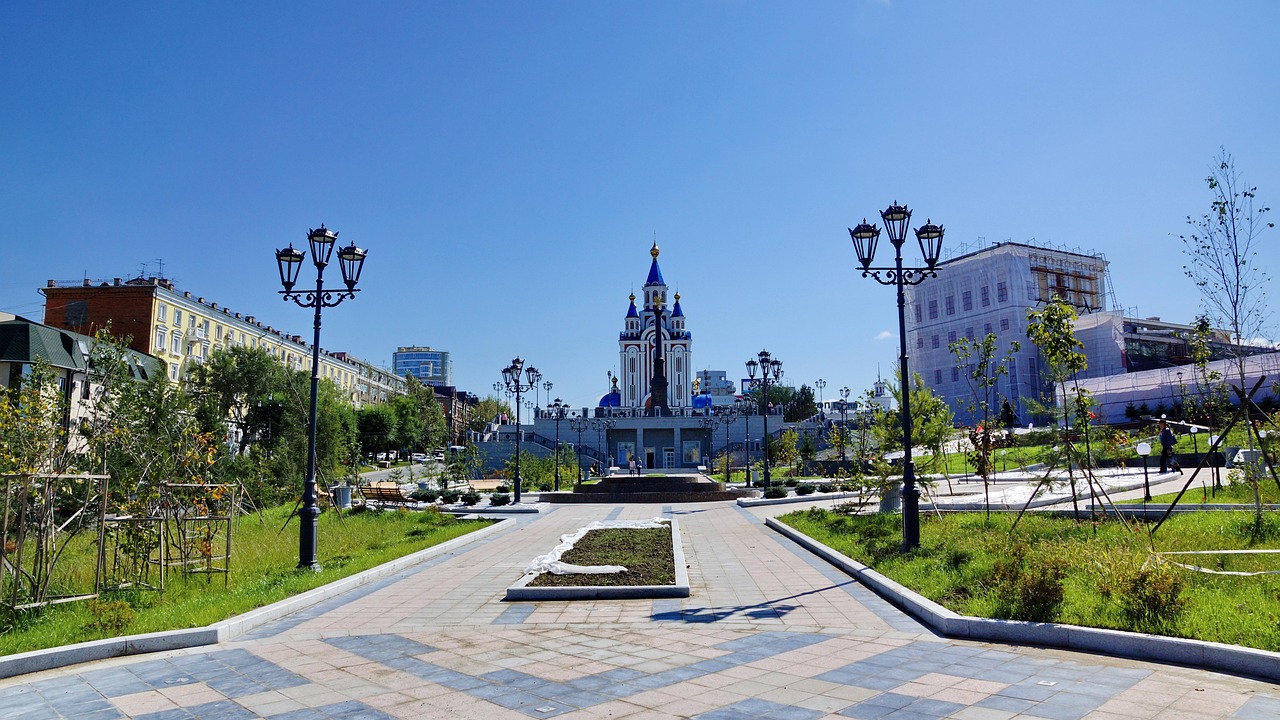In today's interconnected world, the ability to communicate effectively across languages is more important than ever. As an independent media author, expanding your reach to a global audience is crucial for success. English, being one of the most widely spoken languages, is often the key to unlocking international markets. This article will guide you through the essentials of mastering English translation, ensuring your content resonates with readers worldwide.
The Importance of English Translation
English is not just a language; it's a gateway to a vast audience. Whether you're writing about technology, culture, or business, translating your content into English can significantly increase your readership. It's estimated that over 1.5 billion people speak English, and many of them are looking for high-quality content in their native tongue. By providing your content in English, you're not only reaching out to English speakers but also to those who use English as a second language.
Understanding Your Audience
Before you dive into translation, it's essential to understand your audience. Who are you trying to reach? What are their interests, and how do they consume content? This information will guide your translation strategy. For instance, if your target audience is in a region where English is not the first language, you might need to consider cultural nuances and local idioms that may not have direct translations.
Choosing the Right Translation Method
There are several methods to translate your content into English:
1、Machine Translation: Tools like Google Translate can provide quick translations, but they often lack the nuance and context that human translators can provide. This method is best for getting a rough idea of the content rather than for publishing.

2、Professional Translation Services: Hiring a professional translator or a translation agency is the most reliable way to ensure accuracy and cultural sensitivity. Look for translators who specialize in your content's subject matter and have experience with the target audience.
3、Crowdsourcing: Platforms like ProZ and Gengo allow you to post your translation needs and receive bids from freelance translators. This method can be cost-effective but may require more management on your part to ensure quality.
4、Bilingual Writers: If you have access to bilingual writers who are native English speakers and fluent in your original language, they can provide a natural and culturally aware translation.
Key Considerations for Effective Translation
1、Cultural Sensitivity: Translation is not just about changing words; it's about conveying the same message in a way that makes sense to the target audience. Be mindful of cultural references, humor, and idiomatic expressions that may not translate well.
2、Tone and Style: The tone and style of your original content should be preserved in the translation. If your content is formal, the translation should be formal. If it's casual, the translation should reflect that as well.
3、Consistency: Ensure that terms and phrases are used consistently throughout the translated content. This is especially important for technical or industry-specific jargon.
4、Proofreading and Editing: Even the best translators can make mistakes. Always have your translated content proofread and edited by a native English speaker to catch any errors or awkward phrasing.
Maximizing Your Content's Impact
1、SEO Considerations: When translating your content, consider search engine optimization (SEO). Use keywords and phrases that are relevant to your target English-speaking audience.
2、Multimedia Content: If you're translating video or audio content, consider hiring voice actors or subtitling services to ensure your message is clear and engaging.
3、Feedback Loop: Engage with your English-speaking audience to gather feedback on your translated content. This will help you understand what works and what doesn't, allowing you to refine your translation strategy.
4、Continuous Improvement: Language is dynamic, and so is translation. Stay updated with the latest trends in language use and continuously improve your translation process.
Conclusion
Mastering English translation is not just about speaking the language; it's about understanding and respecting the culture and context of your global audience. By taking a thoughtful and strategic approach to translation, you can ensure that your content resonates with readers worldwide, opening doors to new markets and opportunities. As an independent media author, embracing the challenge of translation can be the key to unlocking your content's full potential on the global stage.
Unlocking the Power of Complete:How to Master the Art of Finishing Tasks in English
Unlocking the Language of Fitness:How to Say In the Gym in English
Unlocking the Power of Language:English Phrases for Sports Enthusiasts
Unlocking the Power of English:How to Say 作文比赛 in a Way That Wins Hearts
Unlocking Passion:The Power of Loving to Do Something in English
Mastering the Art of English:How to Write Saturday and Enhance Your Vocabulary
Unlocking the World of Libraries:How to Say Three Libraries in English
Unlocking the Power of Fitness:A Comprehensive Guide to Gym Workouts in English
The Power of Sports:How English Proficiency Enhances Global Athleticism and Unity
Unlocking Passion:The Power of Loving to Do Something in English